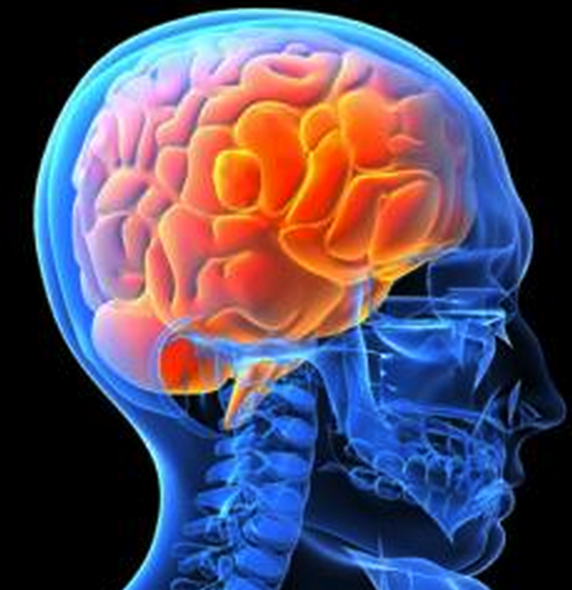Personality disorders occur in 80% of Adults w/ ADHD

 Mental Health | Personality disorders (PDs) are common among adults with attention-deficit/hyperactivity disorder (ADHD),...
Mental Health | Personality disorders (PDs) are common among adults with attention-deficit/hyperactivity disorder (ADHD),...
...according to an observational study of Irish participants published in the Journal of Attention Disorders.
“The present study suggests that the majority (80%) of patients referred and subsequently diagnosed with ADHD had at least one PD,” researchers noted in the study. “Careful assessment of personality disorders within ADHD clinical services are essential to plan comprehensive treatment plans and optimize clinical outcomes in those with both confirmed and suspected ADHD.”
Researchers recruited consecutive outpatients from an adult ADHD clinic that serves the Sligo, Leitrim, and Donegal counties in Ireland. Patients with prior ADHD diagnoses or exposure to ADHD medications, severe learning disabilities, or brain injuries were excluded. Patients with other psychiatric disorders were included if they scored positively on the screening scales.
Patients’ ADHD levels were evaluated with the Adult ADHD Self-Report Scale (ASRS) and Wender Utah Rating Scale (WURS), and PDs were evaluated using the Millon Clinical Multiaxial Inventory-III (MCMI-III) and the Conners’ Adult ADHD Diagnostic Interview for DSM-IV (CAA-DID). Among the included participants, the mean age was 32.94, and 48.1% were female.
The study included 181 participants with valid MCMI-III data, with 147 meeting Diagnostic and Statistical Manual of Mental Disorder, Fifth Edition (DSM-5) criteria for ADHD. Among the patients with ADHD, 29 (19.7%) did not meet criteria for any PD, 43 (29.3%) met the criteria for one PD, 34 (23.1%) met criteria for 2 PDs, and 41 (28%) patients met criteria for 3 or more. The most commonly found PD was dependent (n=58) followed by depressive (n=45). Borderline personality disorder (BPD) was the most common severe personality pathology found among those diagnosed with ADHD. Logistic regression analysis found no significant associations between demographic variables, ADHD subtype, years of symptoms, and the presence of personality disorders.
The most commonly found PD was dependent (n=58) followed by depressive (n=45). Borderline personality disorder (BPD) was the most common severe personality pathology found among those diagnosed with ADHD. Logistic regression analysis found no significant associations between demographic variables, ADHD subtype, years of symptoms, and the presence of personality disorders.
“Because of the high impact of personality disorders in the everyday functioning of those with ADHD it is important to take them into account when treating patients with ADHD (and perhaps those with other conditions) and to offer specific psychotherapy,” authors concluded. “Further research on developmental trajectories of personality disorders in those with ADHD are required to consider therapeutic options.”
Source:


